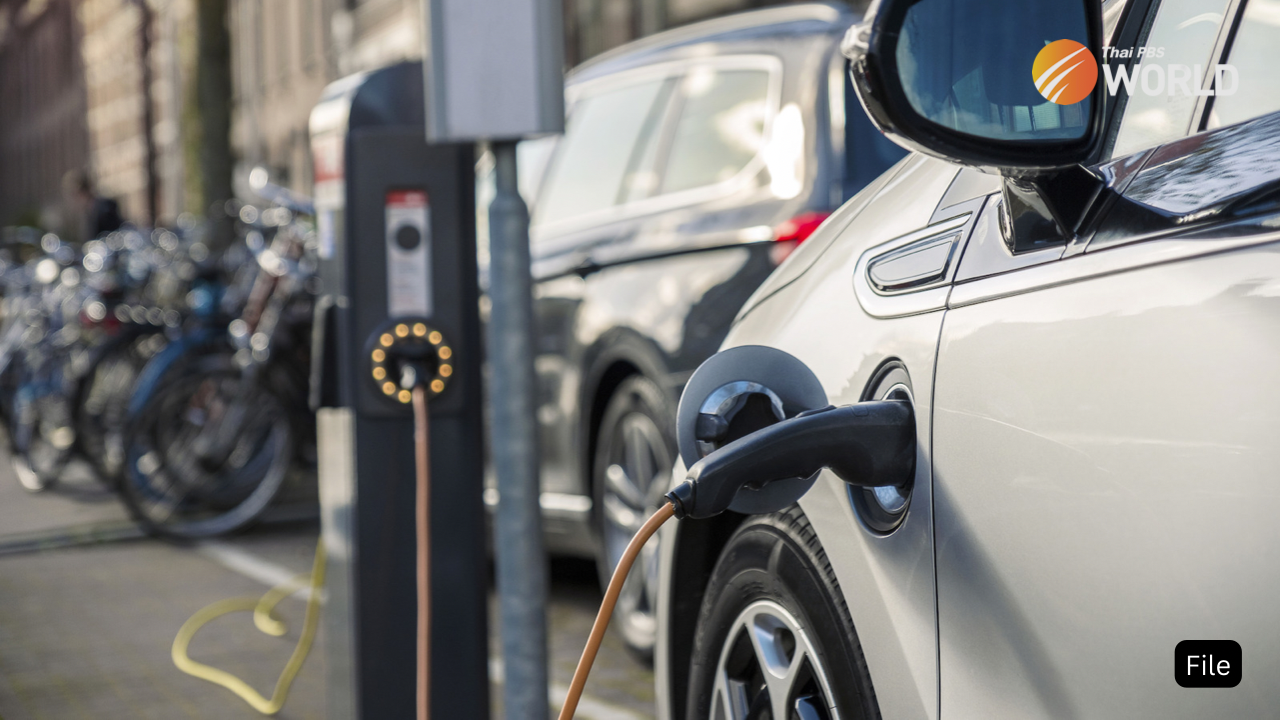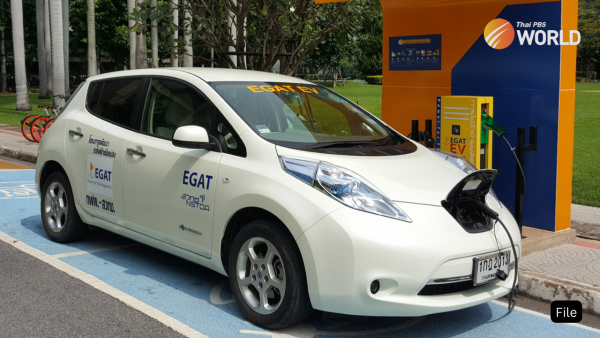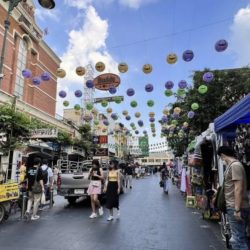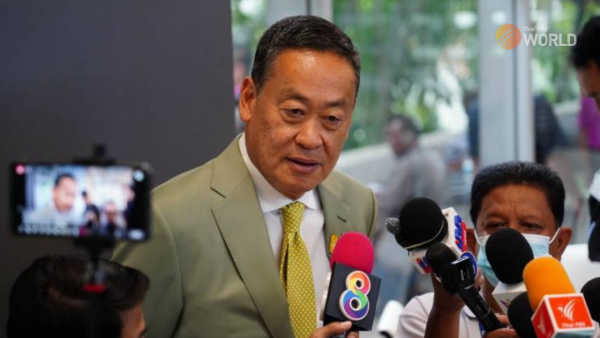The EV beyond mobility

Electric car owners will soon find themselves making a greater contribution to the country than they ever imagined. Apart from reducing emissions, electric cars become potential “power plants” that strengthen national energy security or even be part of a disaster relief solution.
The recent signing of MOU between the Electricity Generating Authority of Thailand (EGAT) and Japanese carmakers Nissan and Mitsubishi has brought this dream one step closer to reality. The cooperation is part of the ERC Sandbox Phase 2 project under which a study on Vehicle-to-Grid (V2G) technology is to be implemented. If successful, the virtual power plant (VPP) concept will soon become a reality.
A virtual power plant is a network of decentralized power generating units, such as solar farms, wind farms, and even batteries of electric vehicles (EV). The concept allows for the purchase of excess power from these power–generating units.
Boonyanit Wongrukmit, EGAT Governor, said that promoting EVs on the local market is a significant step to move Thailand forward to achieve its carbon neutrality goal by 2050. EGAT has taken several initiatives towards this aim and one of them is to build an EV ecosystem.
As part of the study, EGAT and the carmakers will collect information about sending power from EV batteries to buildings and to the grid. A number of electric car owners will be invited to participate in the field–testing programme.
“We hope that the information collected from the cooperation on the V2G study will be useful for us in drafting relevant rules and regulations that best support actual alternative energy consumption in the future,” said Boonyanit.

Apart from being an alternative energy solution, EVsopen up new opportunities beyond mobility.
An EV with bi-directional charging technology not only allows EV owners to charge their cars but also enables them to send the energy from their EV batteries to the grid, buildings, or even electrical appliances.
EVs can act as the energy reserve system to be utilized during peak demand. That’s how the VPP concept was drawn up.
During a disaster, EVs can emerge as a disaster relief solution as well. In emergency situations as well as when disaster strikes, power transmission is often interrupted. Communities are affected by power outage. To maintain continuous service, power stored in EV batteries can be used to provide heat, light and enable families to sustain their daily lives while waiting for help. According to Nissan Motor Thailand, 40-watt EV battery can supply enough power for a small family to use for 3-4 days.
This concept has been successfully tested in Japan where earthquakes and tsunami occur more often than in any other country. For example, in the 2011 earthquake and tsunami, a number of Nissan EVs were used as portable power stations, supplying power to hospitals and homes. Inspired by this move, Nissan later expanded this idea by launching the Blue Switch initiative that promotes the use of EV batteries for energy sharing to resolve social issues. As part of this programme, Nissan has been working with Thai government and university in driving awareness on new ways to use EVs.
After the two-year joint study by EGAT and carmakers is completed in 2024, more opportunities about how EVscan be used beyond mobility will be unveiled.






